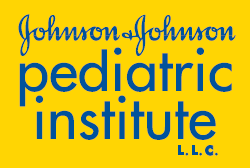Your child can crawl, now they need rules to stay safe.
Set Rules When Your Child is 6 Months Old
- When you can, say do instead of do not.
- Do share the toys (instead of do not take the toys away).
- Do be gently to other people(instead of do not hit).
- Do hold my hand (Instead of do not run away).
- Speak directly to your child. Talk to her at eye level.
- Say what you want your child to do in simple clear words.
- Say your rules firmly. You can be firm without yelling.
- Say the rule every time you need to until your child learns it. It will take many times and some patience!
Make Sure to:
- Inform everyone taking care of your child to use the same rules.
- Write the rules down as it can help
- Start with 2-3 rules to keep your child and others safe.
- Add more rules later about not breaking things and being polite.


